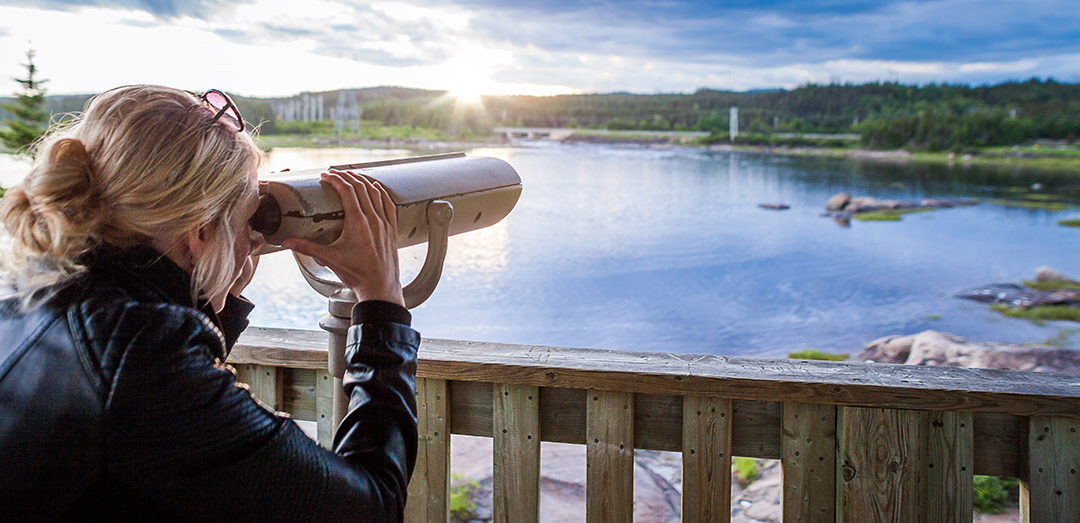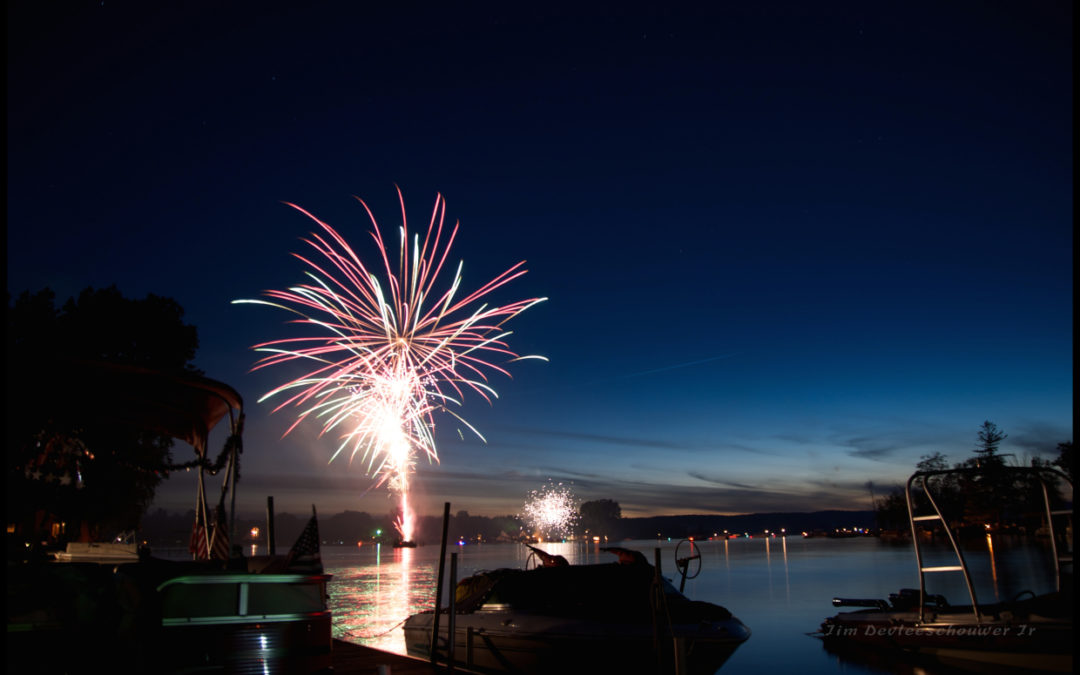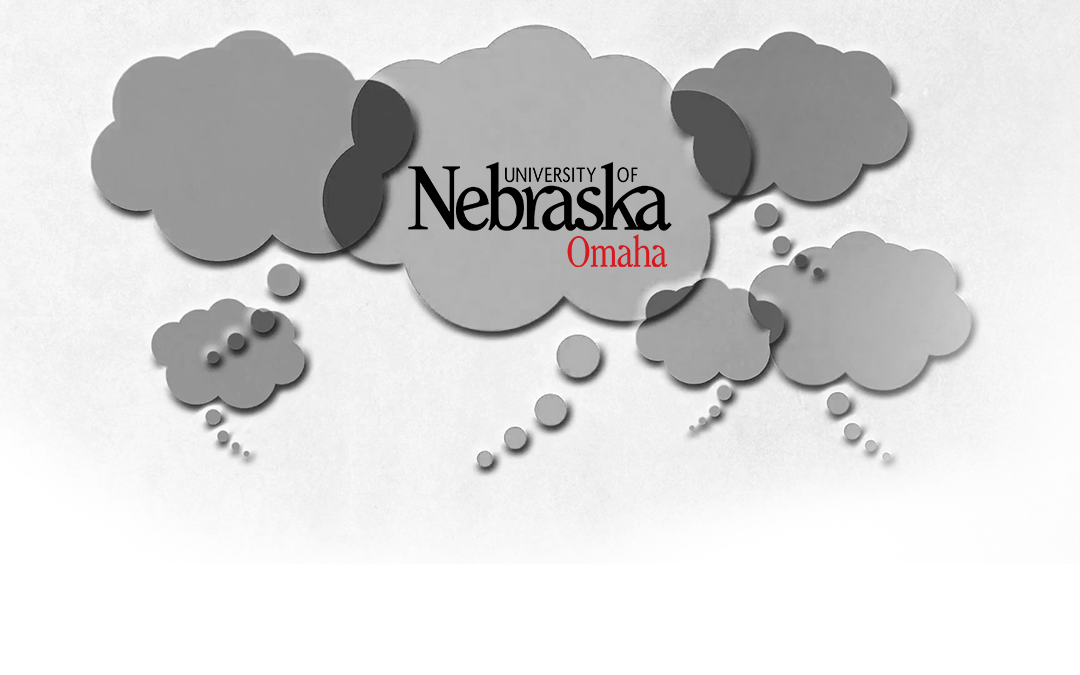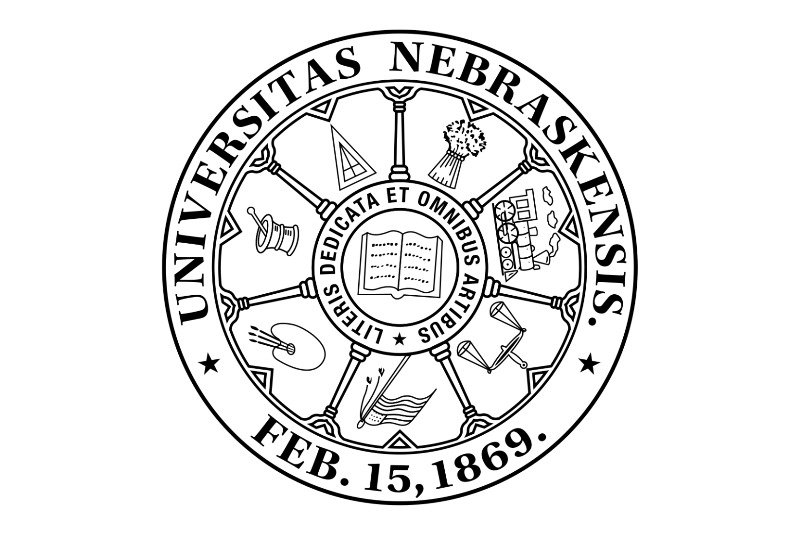
The Presidential Search: Step by Step
The Presidential Search: Step by Step
It has begun. The search for the new University of Nebraska President is on. And here’s how it works.
No one person chooses the next President. Instead, an Advisory Committee is formed that then recommends a few carefully chosen candidates to the board. But how do we determine who those candidates should be?
It was recommended to us that we hire a firm that specializes in these kinds of searches. So we did.
When there are professionals who make it their business to find the right fit, why not make use of their talent? The first thing they did was to interview a range of people across all four campuses in order to put together a profile of what we wanted in our next university President.
After a lot of listening, they went over their summary with us, which included a list of what they understood to be our priorities.
This sort of back and forth – listening, processing, repeating – has been really helpful and I feel like we’re on the right track.
Another benefit of this professional search team is that they have connections across the country and not only do they know who’s actively looking for a new position, they have an excellent sense of people who might be a great fit but haven’t actively thrown their hat in the ring. Other than this educational matchmaking, this firm also offers training sessions for academic positions and issues, working all the time to understand and communicate what’s happening in the academic world. This is why they need to get to know us really well, through and through.
But ours aren’t the only voices they want to hear, and rightly so.
They told us they wanted to go to each campus and invite students, faculty, and community members for opening listening sessions.
We’ve conducted a first round and a second round is coming up soon. The first of those sessions was enlightening to say the least. But that’s another story…
*Barbara’s thoughts as written by Kate based on weekly (fascinating) conversations.






